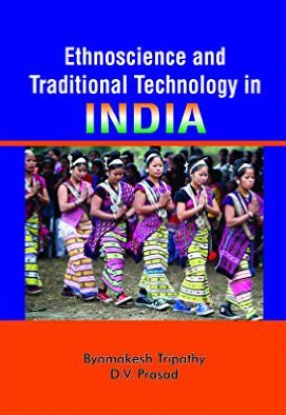
Showing all 5 books
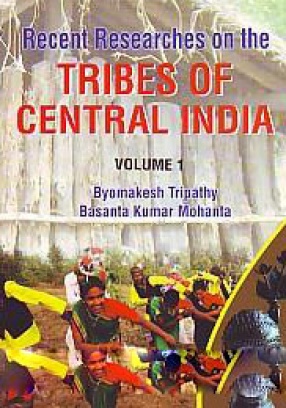
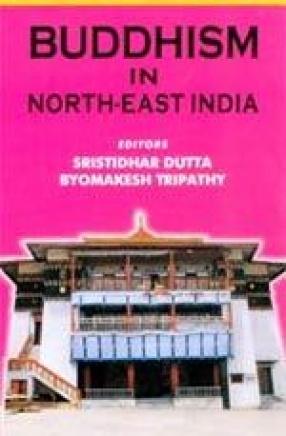
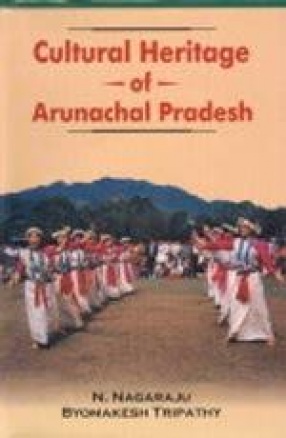

Ethno-science is one of the emerging field of enquiry in cognitive discipline generally deals with the study of the systems of classification and taxonomies. It is also known as 'indigenous', or 'native' or 'traditional' science since it is completely based on native perceptions. It is an outcome of everyday practical experience with the nature by human beings. With its functional demands, it is changing constantly subjected to local, regional, national and ...

India is the home to large number of indigenous people, who are still untouched by the lifestyle of the modern world. With more than 84.4 million, India has the largest population of the tribal people in the world. Each tribe has its own identity and culture which varies greatly from each other. The tribes have their distinct socio-economic, cultural, political and religious institutions which are important part and parcel of cultural heritage of India. They have ...
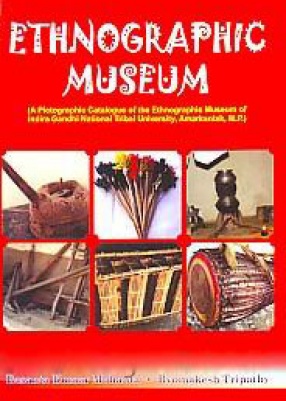

The north-eastern India occupies an important place in the history and culture of India. It is the house of a large number of ethnic groups residing in the plains as well as on the hills with distinct socio-cultural and religious identities. Buddhism has played an unique role, which is well-reflected in nicely-decorated Buddhist monasteries, stupas, minor religious structures, traditional arts and crafts, rituals, festivals and dances. This book, containing 27 ...

This book, put together in the wake of changing times and with an awareness of past, includes essays from several experts in their fields. They attempt to describe and study the texture of cultural space, which is understood in terms of material and non-material aspects, and historically too. The most interesting thing one finds as one goes through the articles is the principle of organization of various tribes and the significant change which occurred over the ...
